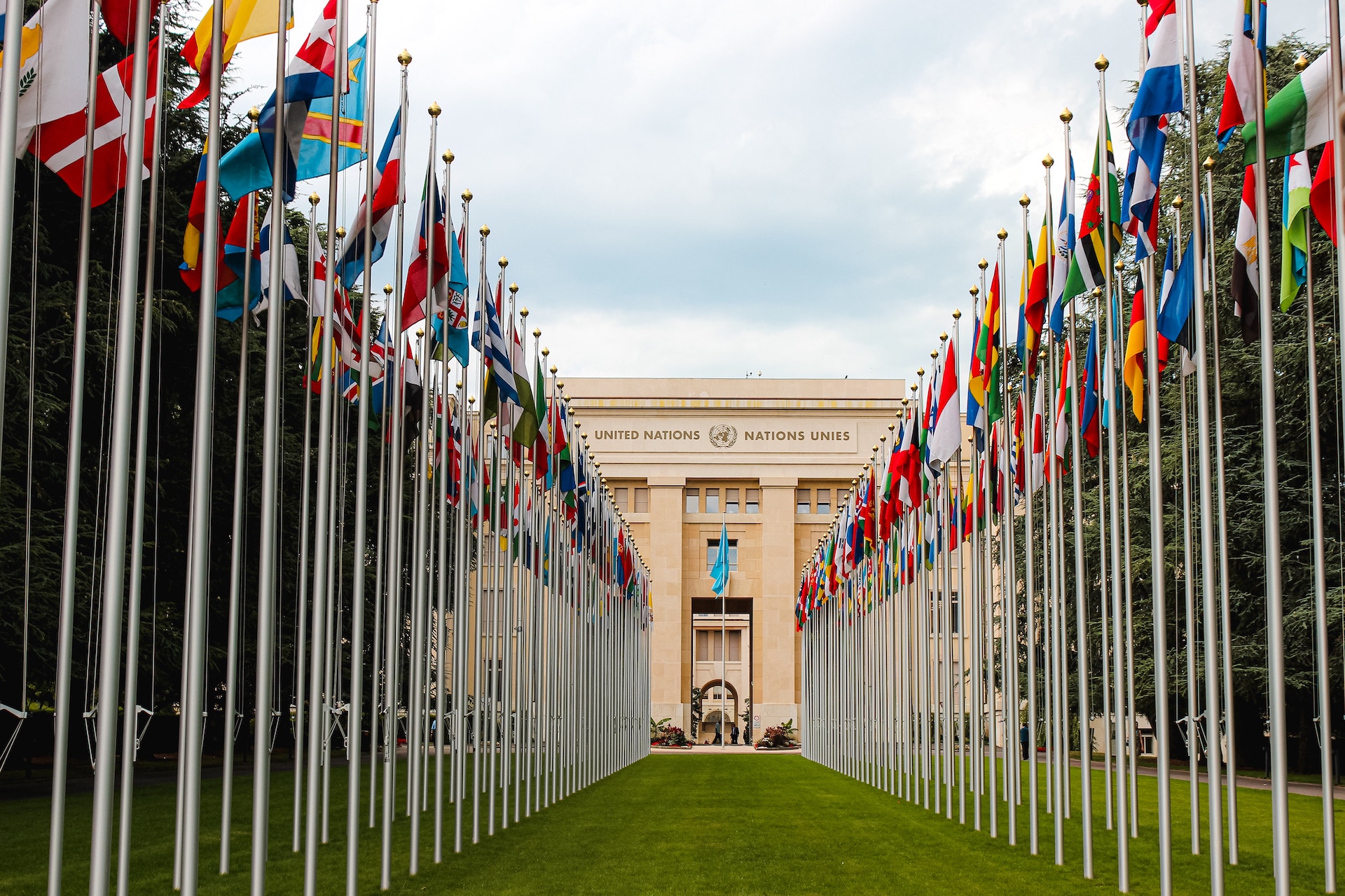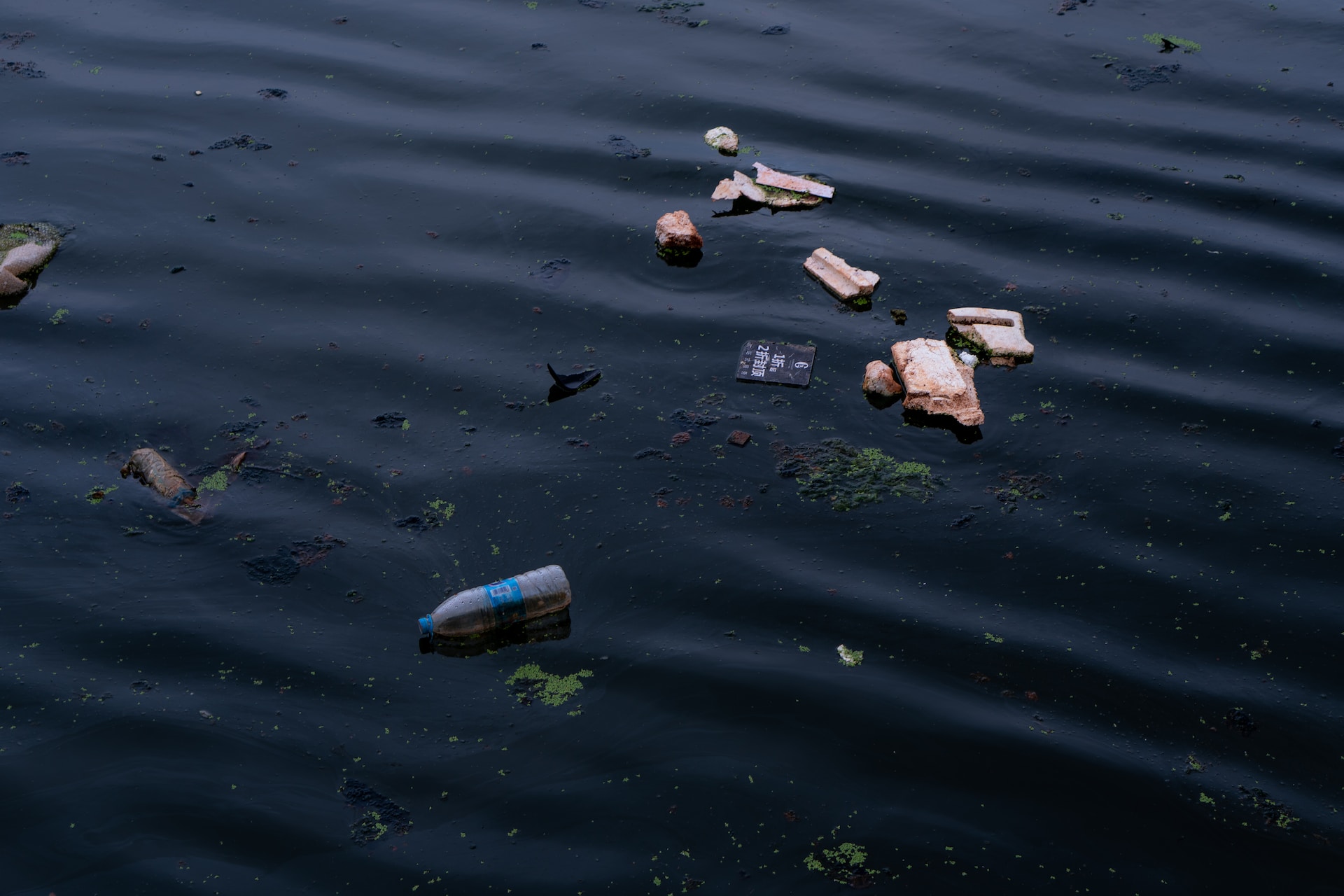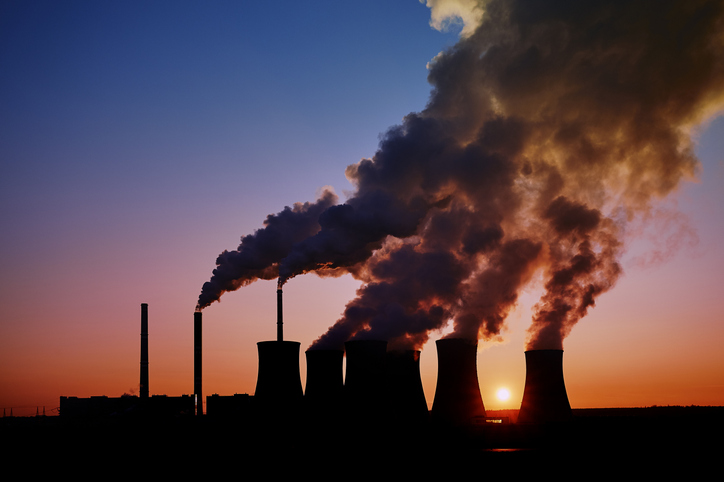 A New Life for Coal Plants: How Repurposing Coal-Fired Energy Plants Could Help Revitalize Midwestern Communities
A New Life for Coal Plants: How Repurposing Coal-Fired Energy Plants Could Help Revitalize Midwestern Communities
By: Annmarie Buckley
As the U.S. continues efforts to prioritize clean energy, coal-fired energy plants across the country are shutting down. These shutdowns have had enormous health and environmental benefits on the surrounding communities.[1] Despite those benefits, the decommissioning of coal plants can have detrimental effects, particularly on the towns that relied on the plants for economic growth and stability.[2] Midwestern and Appalachian towns are acutely affected by coal plant decommissions, as coal has been the economic lifeblood of those communities for generations.[3] To alleviate the economic burdens of decommissioning, there is a growing demand for ways to repurpose retired coal plants to serve the needs of the communities surrounding them.





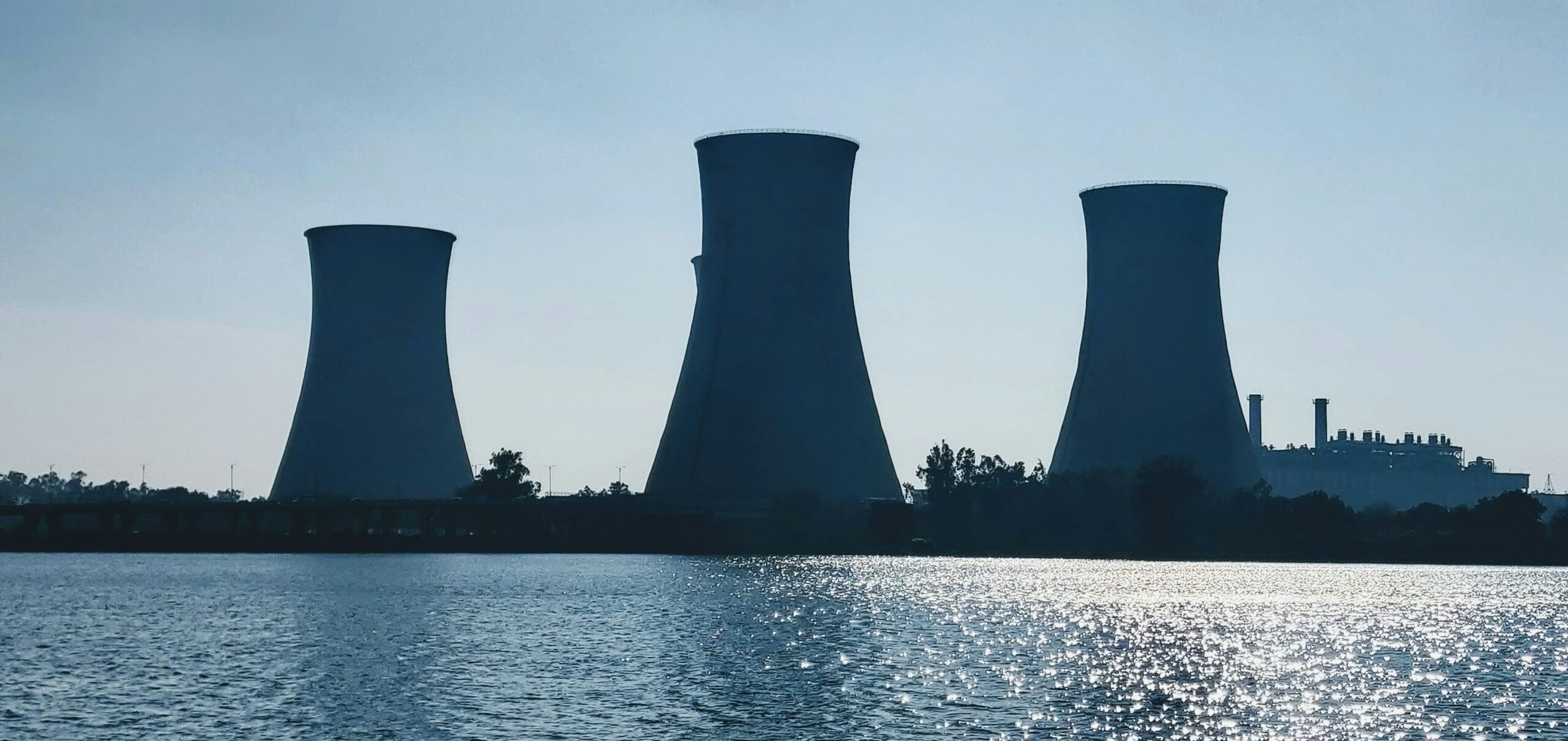
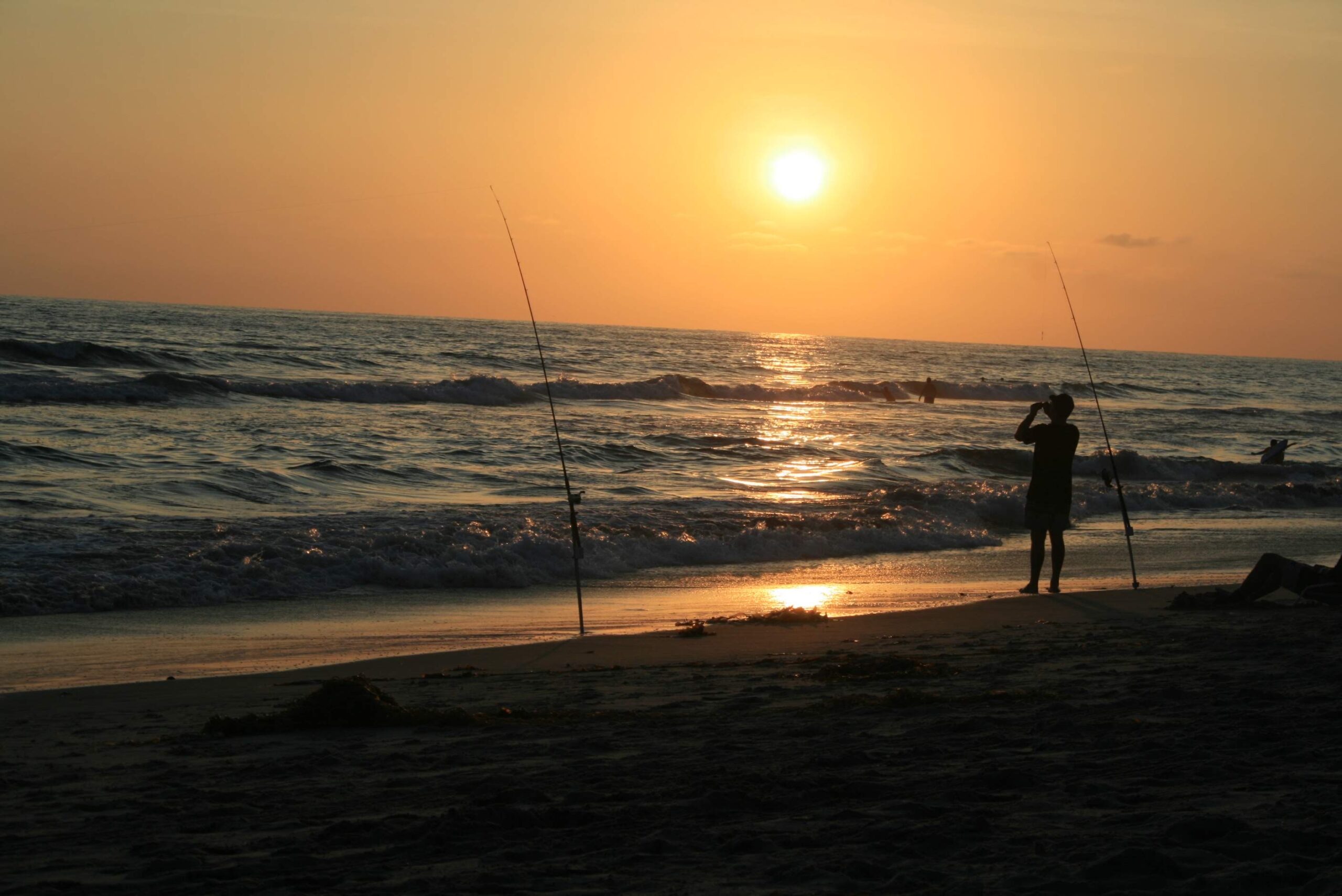 California’s Coastline: To Sink or To Save?
California’s Coastline: To Sink or To Save?